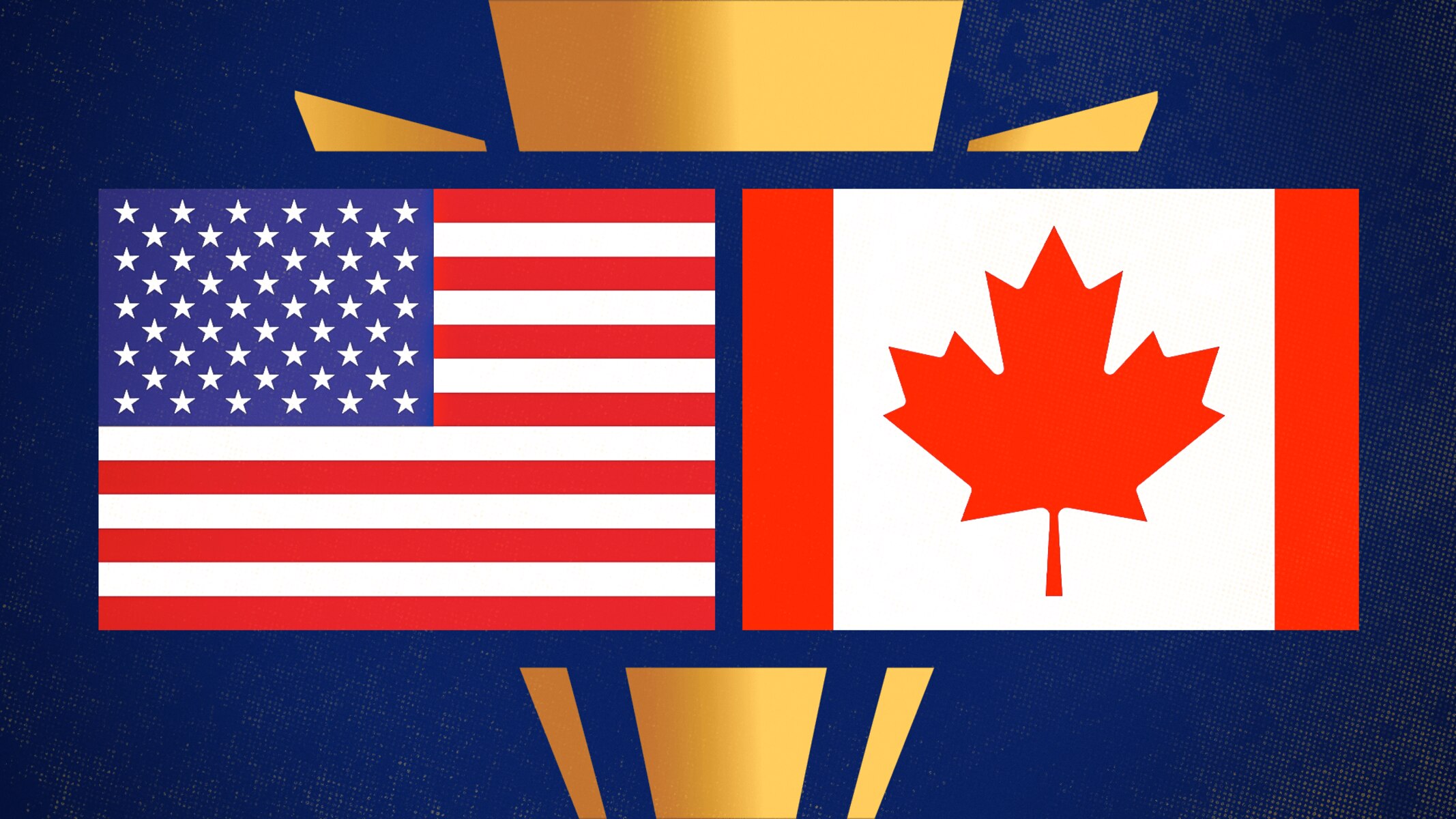In a surprising turn of events, former Fox News host Tucker Carlson is making a remarkable comeback with his latest media venture, Last Country. After parting ways with Fox News and facing a cease and desist from using X (formerly Twitter) as his platform, Carlson is set to release longer videos behind a subscription paywall through Last Country.
Key Takeaway
Tucker Carlson, the former Fox News host, is launching a new media startup called Last Country. This company will release longer videos through a subscription paywall, backed by
5 million in funding. Last Country’s business model, which minimizes reliance on advertisements, sets it apart from other struggling media companies.
The Wall Street Journal reports that Last Country has already secured $15 million in funding through a SAFE note from 1789 Capital, a venture fund spearheaded by Omeed Malik. Malik’s fund is focused on investing in companies that cater to supporters of free speech and oppose so-called “woke” ideals, tapping into an emerging parallel economy.
Tucker’s Media Entrepreneurship: A Tale of Second Chances
This isn’t Carlson’s first venture into media entrepreneurship. In 2010, he co-founded the right-wing news organization, the Daily Caller, but sold his stake and stepped away in 2020. While the Daily Caller thrived during the digital media boom of the late 2000s and early 2010s, many once-promising brands from that era failed to deliver returns for investors.
Notably, Vice, which raised billions in venture funding and achieved a $5.7 billion valuation in 2017, ultimately succumbed to financial struggles and declared bankruptcy this year. Similarly, BuzzFeed, valued at $1.7 billion at one point, has seen its fortunes dwindle, currently trading publicly with a market cap of just $47 million.
Last Country’s Differentiating Factor: Less Reliance on Advertisements
Despite the tumultuous landscape of the media industry, Malik remains confident that Last Country will not face the same fate as its predecessors. What sets this media startup apart is its business model’s reduced reliance on advertisements. While other media companies have considered advertisements as necessities, Last Country sees them as merely optional.
This unique approach to monetization suggests that Last Country aims to provide content not dictated by advertisers’ demands, freeing them to fully express their viewpoints. By operating behind a subscription paywall, the startup seems set on attracting an audience that appreciates freedom of speech and supports the rejection of “woke” ideals.

























